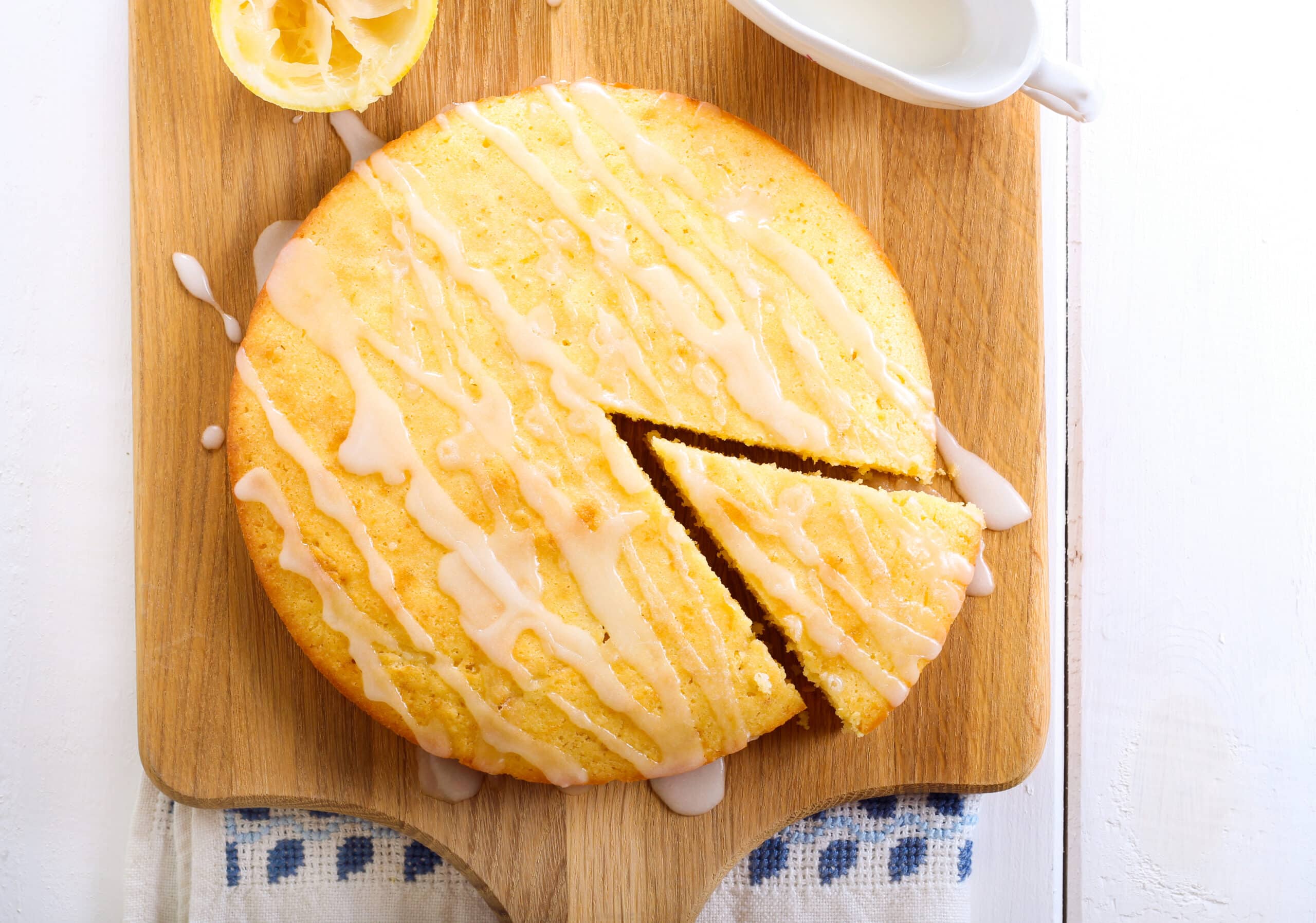 When it comes to baking cakes, the choice of sweetener can significantly impact the taste, texture, and overall quality of the final product.
When it comes to baking cakes, the choice of sweetener can significantly impact the taste, texture, and overall quality of the final product.
While traditional sugar has long been the go-to sweetener for cake recipes, many people are now looking for healthier alternatives to reduce their sugar intake.
Artificial sweeteners have emerged as popular substitutes, but with a wide range of options available, it can be challenging to determine which one is best for baking cakes.
In this article, we will explore various artificial sweeteners and their suitability for baking, helping you make an informed decision for your next baking adventure.
Understanding Artificial Sweeteners
Artificial sweeteners, also known as sugar substitutes or non-nutritive sweeteners, are chemicals or natural compounds that provide a sweet taste without the calories and carbohydrates found in sugar.
They are used as sugar replacements in various foods and beverages, including cakes.
Each artificial sweetener has its unique properties and characteristics, making them more or less suitable for baking applications.
Factors to Consider
 Before delving into specific artificial sweeteners, it’s essential to consider a few factors when choosing the best artificial sweetner for baking:
Before delving into specific artificial sweeteners, it’s essential to consider a few factors when choosing the best artificial sweetner for baking:
- Taste and Sweetness
The most crucial factor when substituting sugar with an artificial sweetener is the taste.
Does it replicate the sweetness of sugar?
Does it leave a bitter or metallic aftertaste?
These questions are essential to ensure your cake tastes delicious.
- Texture and Moisture
Sugar not only sweetens but also contributes to the texture and moisture of cakes.
A suitable artificial sweetener should mimic these properties, ensuring your cake is moist and has the desired crumb structure.
- Baking Temperature
Some artificial sweeteners may not withstand high baking temperatures, which can affect the outcome of your cake.
Be sure to choose one that is heat-stable.
- Bulking Agent
Artificial sweeteners often lack the bulk and structure that sugar provides in baked goods.
Consider whether the sweetener requires a bulking agent to maintain the cake’s structure.
Popular Artificial Sweeteners for Baking Cakes
Now, let’s take a closer look at some popular artificial sweeteners and their suitability for baking cakes:
- Stevia
Stevia is a natural sweetener derived from the leaves of the Stevia plant.
It is known for its intense sweetness without calories.
Stevia can be a good choice for baking, but it’s important to use the right form. Look for pure Stevia extracts or blends formulated for baking.
Due to its intense sweetness, you’ll need much less stevia compared to sugar, so follow a conversion chart to get the right amount.
- Erythritol
Erythritol is a sugar alcohol that provides sweetness without calories.
It closely resembles sugar in taste and texture and is often used as a one-to-one sugar replacement in baking.
Erythritol is heat-stable, making it suitable for all baking temperatures, and it doesn’t cause the digestive issues associated with some other sugar alcohols.
- Monk Fruit Extract
Monk fruit extract is derived from the Monk fruit, a natural sweetener.
It is exceptionally sweet, even sweeter than sugar, and has zero calories.
Monk fruit extract is heat-stable and can be used in baking.
However, due to its intense sweetness, it’s usually blended with a bulking agent like erythritol to achieve the right texture and sweetness level.
- Sucralose
Sucralose, marketed under brand names like Splenda, is a synthetic sweetener that can be used in baking.
It’s heat-stable and doesn’t lose its sweetness during the baking process.
However, it may not provide the same texture and moisture as sugar, so it’s often used in combination with other sweeteners or bulking agents.
Experiment and Find Your Favorite
 Ultimately, the best artificial sweetener for baking cakes depends on your taste preferences and dietary requirements.
Ultimately, the best artificial sweetener for baking cakes depends on your taste preferences and dietary requirements.
It may take some experimentation to find the perfect sweetener for your specific recipes.
Consider conducting small-scale tests to determine which sweetener works best for your desired cake texture and taste.
Remember that while artificial sweeteners offer reduced calorie and sugar alternatives, they may not always provide the exact same results as sugar.
It’s essential to manage your expectations and embrace the unique qualities of each sweetener to create delicious, healthier cakes.
Bottom Line – What’s the Best Artificial Sweetener for Baking Cakes?
there are several artificial sweeteners available for baking cakes, each with its own set of characteristics.
Stevia, erythritol, monk fruit extract, and sucralose are popular options, but the choice ultimately depends on your personal preferences and baking needs.
Don’t be afraid to experiment and find the sweetener that best suits your taste buds and dietary goals.


